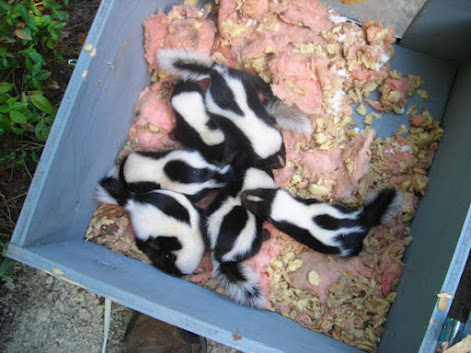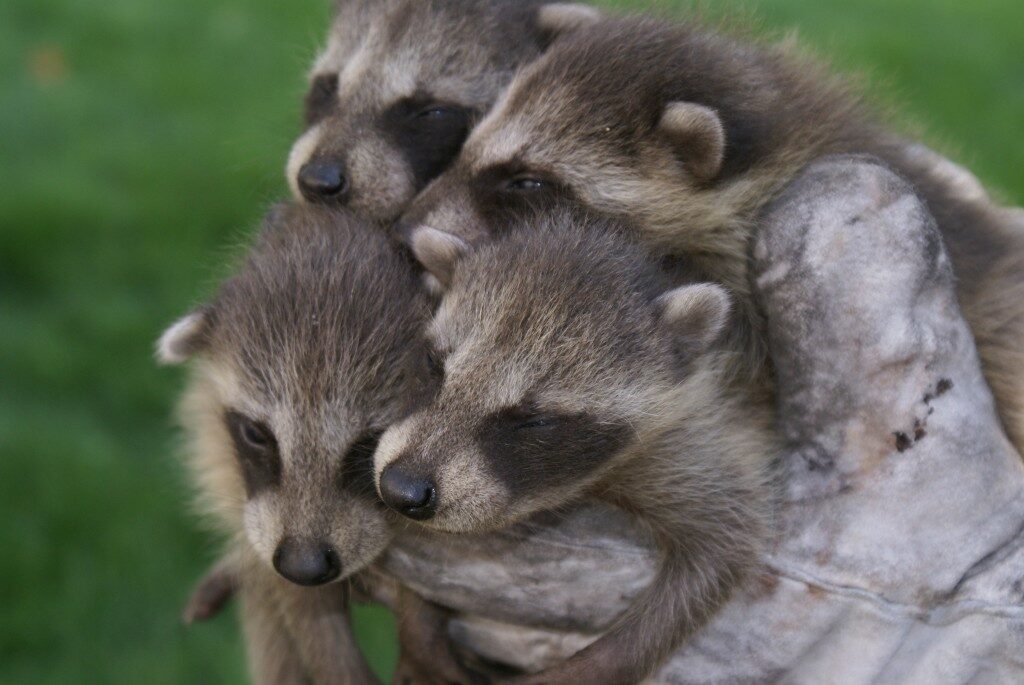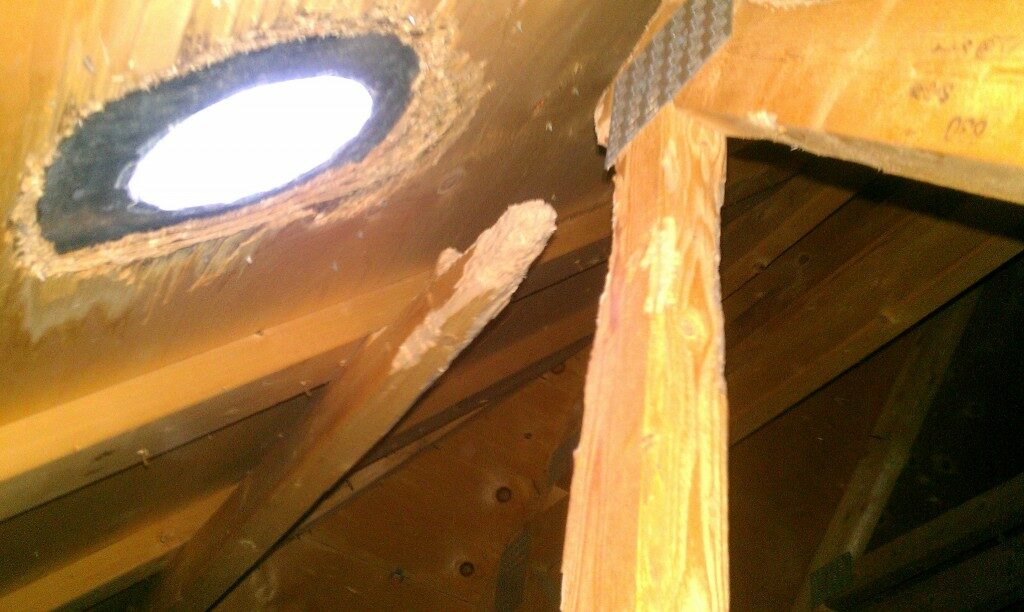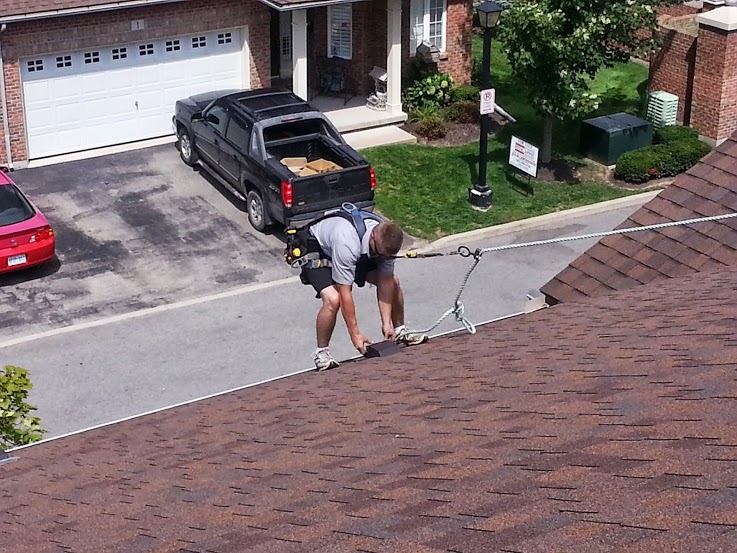It’s Baby Season on the West Island
Spring is a busy time of year for professional pest control providers on the West Island. With all the snow now melted and warm temperatures finally returning, mother raccoons, squirrels and skunks are on the lookout for places to have and raise their babies.
If a raccoon, squirrel or skunk decides to set up shop on your property or in your attic it can cause a lot of unwanted stress and aggravation. Adult animals are capable of causing you plenty of sleepless nights and untold amounts of property damage. All that trouble is then multiplied when litters of four, five, six or even seven babies come along.
Don’t panic, here’s what you need to know about the most common wildlife intruders on the West Island each spring:
Raccoons
These troublesome critters are found throughout Montreal and are more prevalent in urban neighbourhoods and suburbs than in the country because of all the food left behind for them by humans. Studies say there could be as many as 25 raccoons per square kilometer on the island of Montreal.
- They are excellent climbers and can easily access roofs to pull and tear at vents, siding and soffits to gain entry to the attic
- They also make homes in chimneys and below decks, porches and cabanons
- Raccoons begin giving birth in mid-March and litters continue to arrive throughout summer
- Litters usually contain 4-6 babies
- Babies don’t become mobile or leave the den site for 8-12 weeks after birth, meaning they can’t be caught in a cage or scared away
- Inside an attic raccoons can trample and destroy insulation with their urine and feces
Squirrels
A member of the rodent family, squirrels are most numerous in neighbourhoods with mature trees that provide seeds and nuts for them to eat and store during winter. Though sometimes black, most of the squirrels in Montreal and the West Island are grey in colour.
- Squirrels also love to make their home inside attics and chimneys where it’s warm and safe from predators
- They have incredibly powerful teeth that they sharpen by gnawing on hard surfaces, including wood, wiring and aluminum around your house
- Squirrels give birth to two litters of babies each year; one in spring and another in late summer
- Litters can contain as few as one baby or as many as seven or eight, though four is average
- Like raccoon babies, squirrel young aren’t fully mobile until 8 weeks after their birth
Skunks
These striped mammals are best known for the powerful odour they emit when threatened. Just ask anyone who’s had their dog sprayed!
- Skunks have poor eyesight and cannot climb so they prefer to make their home at ground level
- Common den sites include the spaces below decks, porches, additions and cabanons
- Skunks will dig the soil away from the base of structures to squeeze themselves underneath
- If a skunk sprays near the base of your house the smell can penetrate inside and stay for weeks or months
- It’s impossible to trap and relocate all the skunks in any neighbourhood so the best way to protect your property is to remove the animals and install heavy gauge screening to prevent re-entry

Baby skunks are placed in a heated reunification box so their mother can relocate them later to one of her alternate den sites.
Skedaddle Humane Wildlife Control
Humane and effective West Island animal control and removal is most important during the spring and summer baby seasons. That’s why Skedaddle starts every job by performing a thorough inspection of your house to determine exactly what’s going on. Once we’ve assessed the situation we’ll provide you with a written quote to humanely remove all the animals, clean up the mess and prevent their re-entry.
We don’t just leave a trap behind and hope for the best. Our technicians are trained to climb roofs, repair damage and search attics to ensure your home and family are protected. That’s the Skedaddle way.
Call 514 395 4555 to book an inspection today. Ask about our lifetime guarantee.
Proudly servicing the entire West Island:
Pointe-Claire, Beaconsfield, Baie d’Urfé, Senneville, Dorval, Dollard-des-Ormeaux, Pierrefonds, Kirkland, Saint-Laurent, Ste-Geneviève, Roxboro, Sainte-Anne-de-Bellevue, I’île Bizard and Lachine





